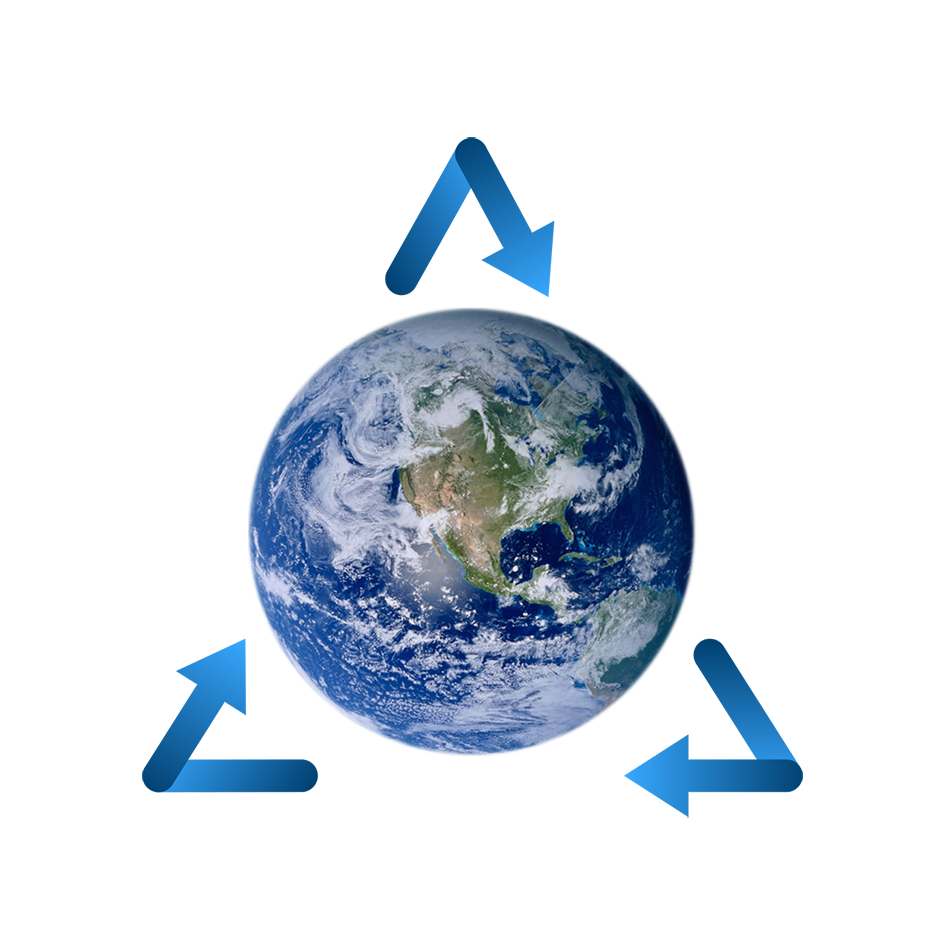On the Environmental Impact of Armed Conflicts
Geneva, September 7, 2019
This first half of the 21st century has seen the emergence of new types of threats, but also the resurgence of old conflicts that we thought outdated.
While humanity as a whole is living better than in the previous century, our planet is facing unprecedented dangers that threaten the human species and the environment.
We can note with satisfaction that young people in all countries are mobilizing to protect the environment and that for many of them this fight is the main concern.
The issue of war and peace, a fundamental concern of humanity since the dawn of time, is thus relegated to the background, peace being taken for granted.
However, nothing could be further from the truth.
Taking into consideration:
- That in fact, all current environmental struggles, limiting the greenhouse effect, global warming, preserving endangered species, combating deforestation, preserving groundwater, etc., are likely to be wiped out in a few minutes by a modern war.
- That every day, conflicts of medium or low intensity cause human tragedies for those who suffer them, that are comparable in every respect to those of the great wars and that have as a consequence an often irreversible damage to the natural environment.
- That the arms race, even outside any conflict, causes considerable environmental damage.
- That the variety of environmental damage caused by armed conflict covers an extremely wide spectrum: in particular, the manufacture, operation and destruction, whether caused by war or by the obsolescence of multiple devices; exploded or unexploded ordnance, anti-personnel mines preventing agriculture; heavy metals, radioactive materials and chemicals used at all stages of war. In particular the use of uranium in the manufacture of shields and perforating projectiles that release depleted uranium into the environment, where it will be deposited for thousands of years.
- That the right to peace and security, as well as the possibility of living in a healthy environment, are universal human rights.
- That the commitment to peace is a general principle of international law.
- That any war, whatever it may be, is useless and constitutes a statement of failure not only for the countries involved, but also for the entire international community.
- That there is a clear link between peace, environment and development.
The Club of Geneva declares with a sense of emergency:
- That an in-depth reflection on the environment and the future of the planet cannot be done without also integrating the issue of war and peace.
- That at a time when the fragile balance of our ecosystem is threatened and the very survival of our natural environment and the survival of humanity as such are fundamentally called into question, we can no longer afford to suffer constant wars.
- That this reflection should lead to compelling States that have been guilty of environmental damage as a result of armed conflicts to restore the state of the environment to what it was before their intervention and to repair all the damage thus caused.
On behalf of the Club of Geneva,

James Bötkös, president of the Club of Geneva

